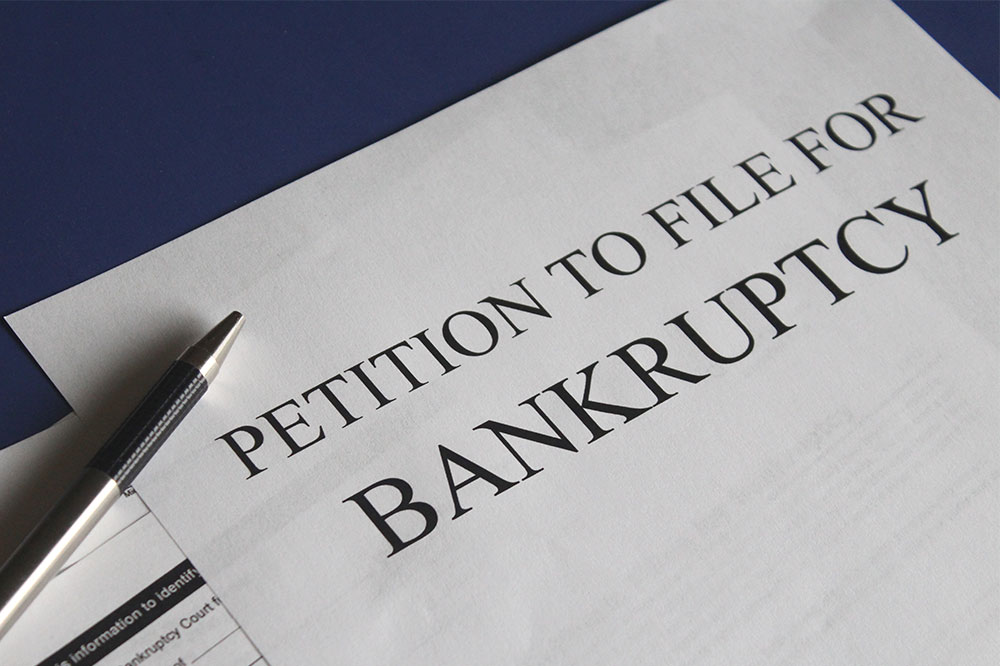Understanding the costs of filing for bankruptcy
Bankruptcy is a legal process that provides debt relief to people and businesses who can no longer pay their debts. The court filing fees for bankruptcy are the same for everyone. But various factors such as the complexity of one’s case, the area in which they live, and their attorney’s fees will change how much they end up paying for bankruptcy. Here is what one will be paying if one files for bankruptcy.

Chapter 7
Chapter 7 is for businesses and people who find it impossible to pay off their debts.
Application fees
The cost of filing for Chapter 7 is about $300. However, there are exceptions to paying this fee. The first one is by requesting the court to allow one to pay the fees in installments. It is important to pay all the installments within 120 days of filing for bankruptcy. Another way is by requesting the court for a fee waiver. This is only applicable to people who are more than 150% below the poverty line. The court reviews one’s application, and if they decide to deny one’s fee waiver, they will either allow one to pay their fees in installments or upfront.
Attorney fees
Every case is different, and various factors such as unsecured debt or owning multiple properties affect these cases. Therefore, the attorney fees may vary from person to person. An attorney may charge their fees either upfront or by the hour. The fees usually range from $1,000 to $1,500. Like the bankruptcy application, even attorneys allow one to pay their fees in installments. Nevertheless, most attorneys demand a full payment because of the automatic stay. In automatic stay, a creditor cannot legally demand money, file a lawsuit, or make phone calls to the debtor.
Chapter 13
A Chapter 13 bankruptcy helps individuals with regular income pay off their debts by creating a repayment plan.
Application fees
Like Chapter 7, the cost of filing Chapter 13 is around $300. Because this type of bankruptcy is for people who are going to pay their debts, there is no option of a fee waiver. Moreover, being unable to pay the fee may make it difficult in court for one to get their repayment plan approved. Nevertheless, one can pay these fees in installments.
Attorney fees
Chapter 13 bankruptcies are complex and go on for several years at a time. Therefore, their fees cost more than Chapter 7. The filer can pay their attorney some amount before filing, and the rest will go into a monthly payment that gets distributed among the creditors, including the attorney. Many attorneys charge on an hourly basis, but they have to present the detailed fee structure to the court.
Bankruptcy education course
There are two courses that every person needs to take when filing for bankruptcy. The first one is a credit counseling course that needs to be completed before filing for bankruptcy. It helps people understand whether bankruptcy is the right option for them. The second one is a debtor education course that helps people learn about various strategies to handle their finances post-bankruptcy. These courses are mandatory for both Chapter 7 and Chapter 13 cases. These courses can be taken either online or in-person and cost about $50.
Other costs
Several other factors affect the cost of bankruptcy and one’s probability of getting their application accepted by the court. These include multiple sources of income, numerous assets, too many creditors, having filed for bankruptcy in the past six to eight years, accusations of fraud, other legal actions such as an eviction or bank levy.